Watch our talk about how game engines are transforming architecture
We explored how visualisation tools such as Twinmotion are transforming architecture in this talk to coincide with our Redesign the World competition in partnership with Epic Games.
Titled Twinmotion: how game engines are transforming architecture, the talk covered the new possibilities that real-time 3D tools such as Twinmotion open up to architects.
Twinmotion is powered by Unreal Engine, a game engine developed by Epic Games that also powers some of the world's biggest video games, such as Fortnite.
Talk explored how video games and architectural visualisation are merging
Moderated by Dezeen editor-in-chief Marcus Fairs, the talk explored how access to this new digital technology is transforming the way that architects work and communicate their projects, how video game design and architectural visualisation are merging, and what the future holds for the industry.
Fairs was joined by Belinda Ercan, Twinmotion product marketing manager at Epic Games, Murray Levinson, partner at architecture practice Squire & Partners, Adam Laskey, director of architecture studio Marraum, and Luke Pearson and Sandra Youkhana, co-founders of You+Pea.
Twinmotion democratising access to game-engine technology
Ercan provided an overview of what Twinmotion is and what it can do, explaining how the tool provides architects with the real-time power of Unreal Engine in a very simple and accessible package that almost anyone can learn.
Architects Levinson and Laskey then explained how they use the software in their practice.
Levinson revealed that his firm uses the software from the very early stages of the design process to get a sense of how its projects will be experienced at street level once built, which the firm then uses to iterate its designs.
Laskey showcased how his studio uses Twinmotion to create virtual-reality experiences to help its clients understand proposals and the value that certain architectural features will provide.
He also said that the technology can be useful in getting planning consent, as neighbours can much more easily understand how a proposed building or extension will affect them.
Rise of the metaverse
Pearson and Youkhana then discussed the Videogame Urbanism masters programme they run at the Bartlett School of Architecture in London, explaining what designers and architects can learn from the world of video games and game design.
The panel then discussed what the future holds for architectural visualisation and the architecture profession more widely.
Panellists also speculated on where game engine technology will take us, exploring the implications and possibilities of the metaverse, a digital simulation of the real world that exists alongside the physical word.
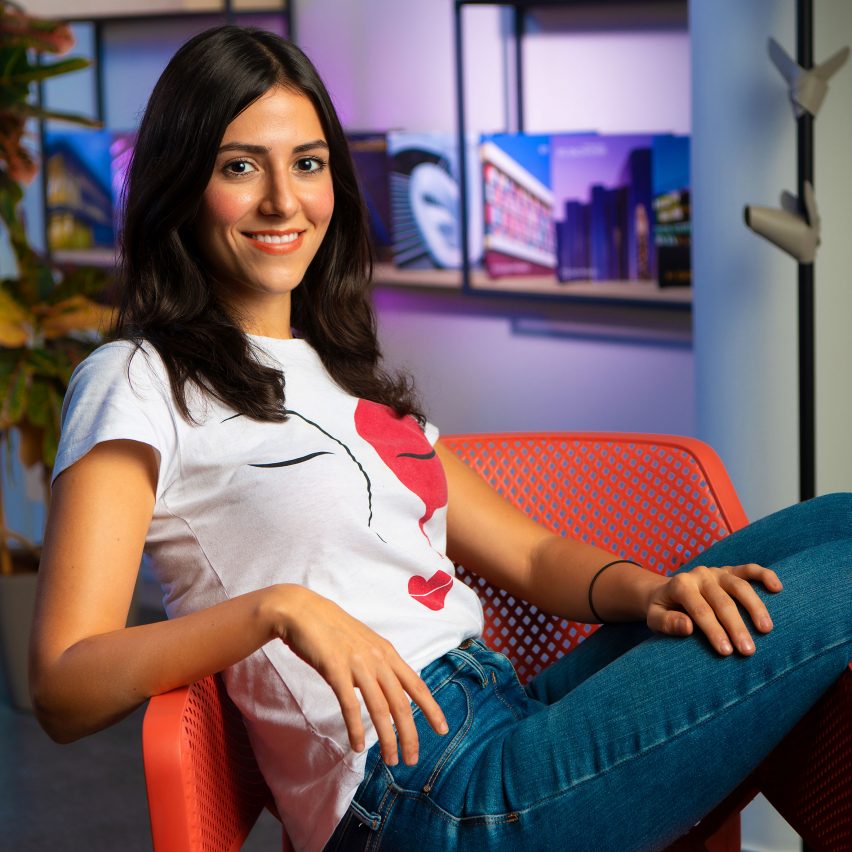
Ercan is a product marketing manager for Twinmotion at Epic Games.
She has a master's degree in architecture and digital design, with a focus on 3D visualisation, and has previously worked as a visualiser for HLM Architects and visualisation product manager at Graphisoft.
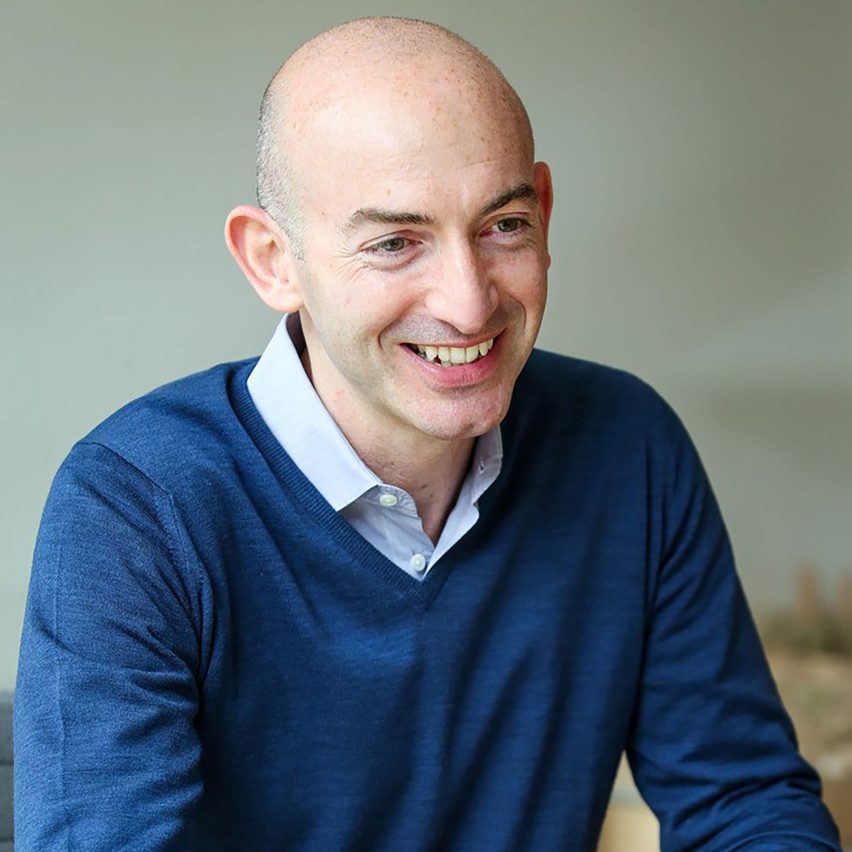
Murray Levinson is a partner at award-winning architecture and design practice Squire & Partners.
Murray’s particular interest in masterplanning brings the practice’s design ethos to a variety of sites in the UK and internationally, with work in Turkey, Russia, Belfast, Manchester and London.
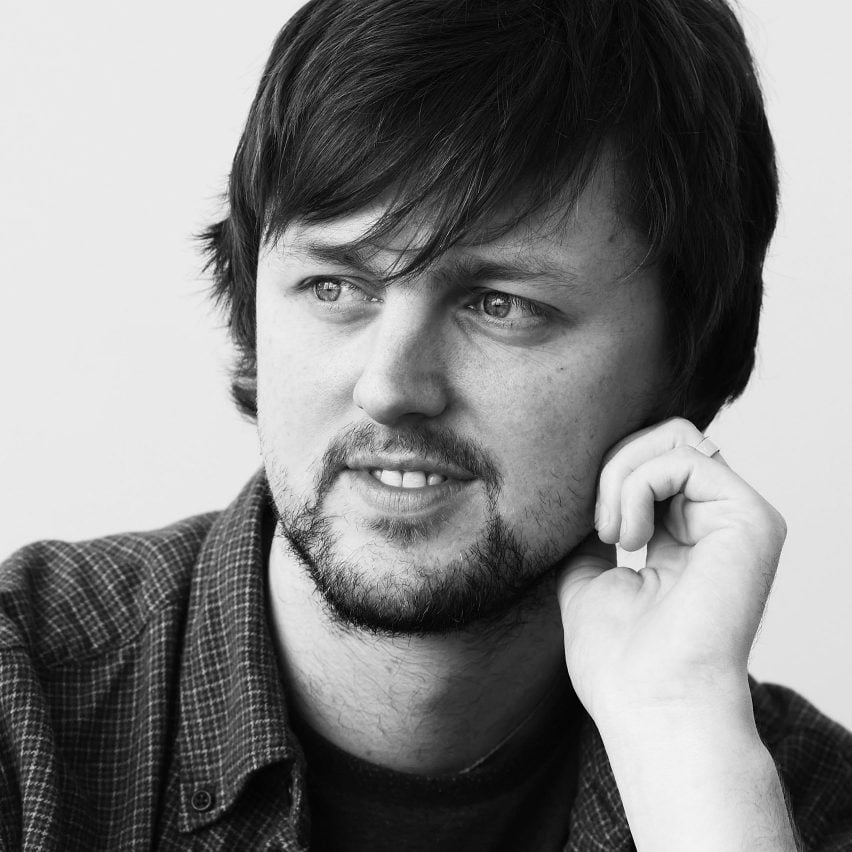
Adam is co-owner and director of Marraum, a small architectural practice in Penryn, Cornwall, specialising in using virtual reality (VR) to deliver domestic renovations and new builds.
His knowledge and use of VR in architecture have seen him speak at a wide range of events in Cornwall and London. Currently, he is collaborating with HTC and Twinmotion to trial their new technology and provide relevant professional feedback.
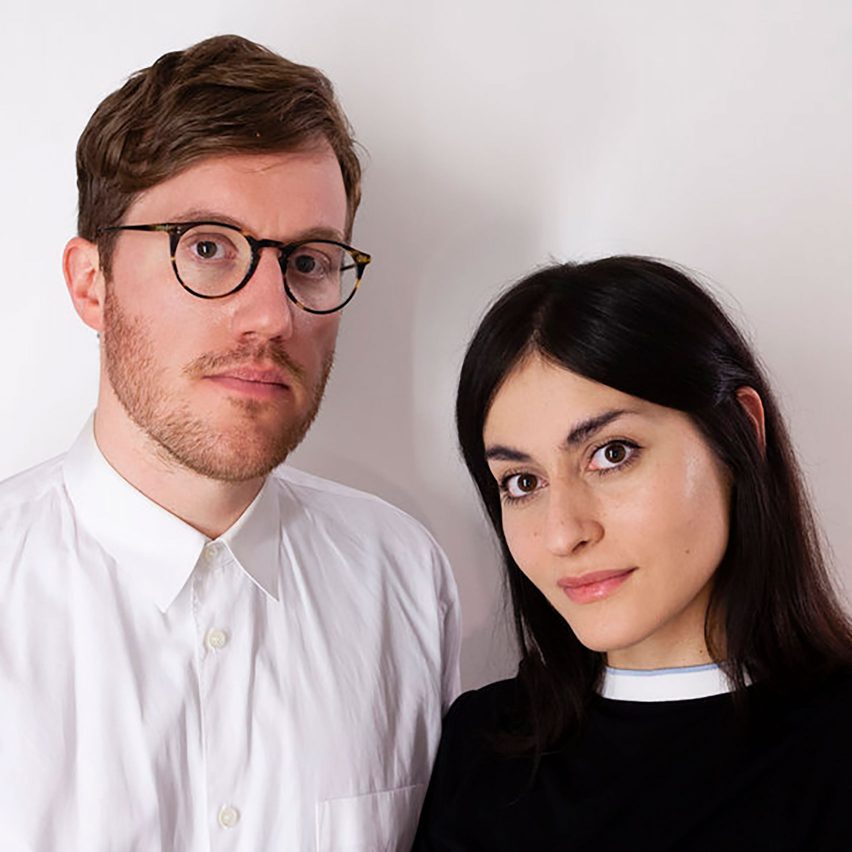
Luke Pearson and Sandra Youkhana run architectural design studio You+Pea, which explores the integration of videogame technologies into architectural design, leading conversations on how games can engage new participants in the design of cities.
Pearson and Youkhana established and lead the Videogame Urbanism studio at the Bartlett School of Architecture, UCL, where they use game technologies to realise urban design research.
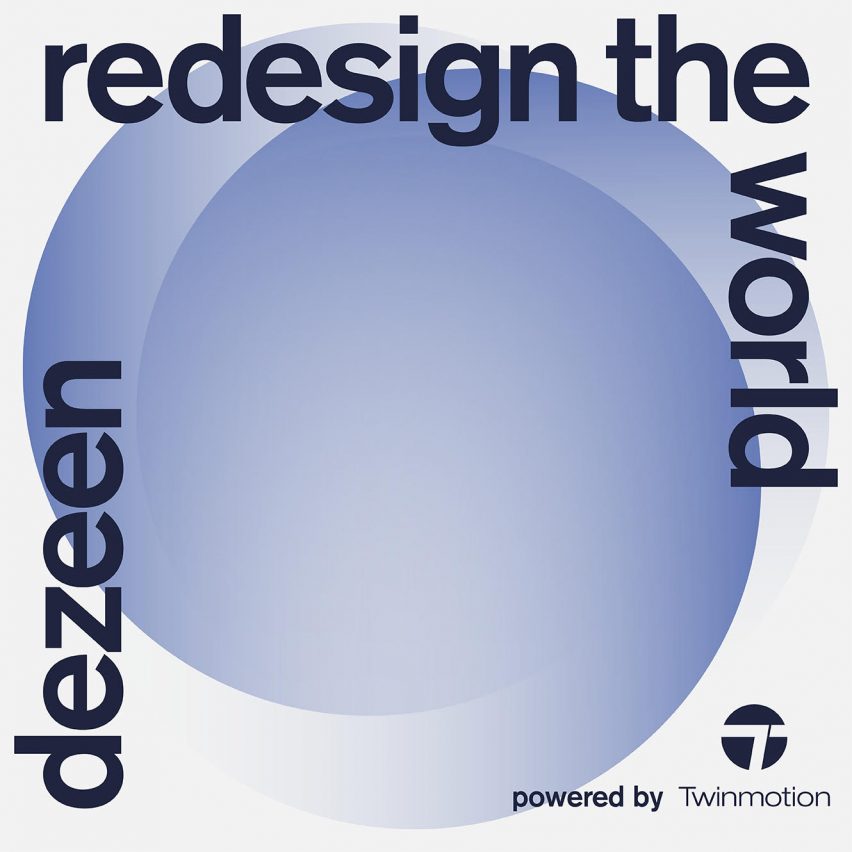
The talk coincided with Dezeen's Redesign the World competition, in partnership with Epic Games, which calls for radical proposals to rethink planet Earth.
Entrants must produce a 3D visualisation of their concepts using Twinmotion, submitting a video animation and still image of their concept, along with up to 500 words of text about their proposal.
Dezeen previously hosted an online workshop on how to use Twinmotion to help participants with their entries.
The competition is open for entries until 15 September 2021. See the brief and entry criteria for details of how to enter.
Top image is a visualisation created using Twinmotion by Roberto Molina.